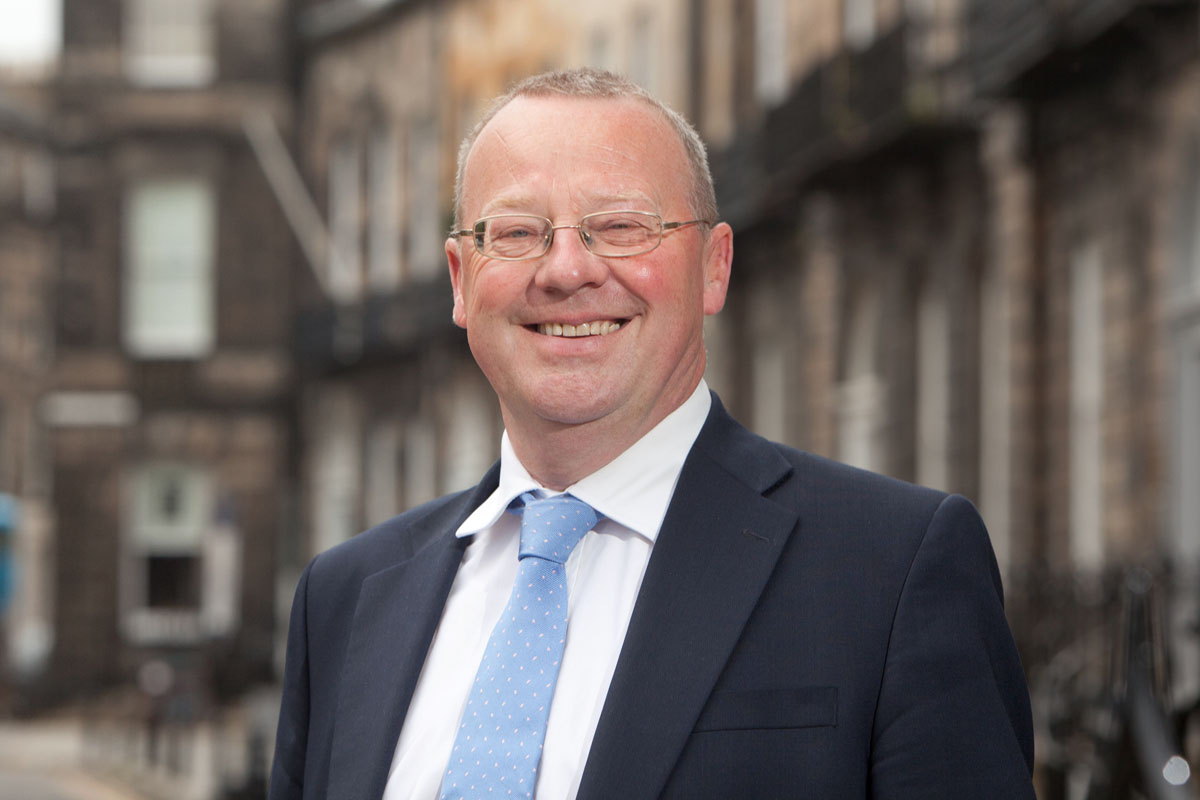
10 Mar 2021
Alastair Keatinge, Partner and Head of Lindsays’ Charities team discusses why mergers may be the only way for charities and third sector organisations to secure a sustainable and successful future.
Mergers are often a topic that charity trustees would rather avoid. Yet it’s one that some in Scotland are now considering as they look to a future shaped by the legacy of Covid-19.
As we close in on the first anniversary of Lockdown One, only now are we starting to see a clearer picture of the longer-term consequences of the pandemic on the third sector.
There has, of course, been no avoiding the immediate challenges that charities have faced, chiefly the once unimaginable collapse in income caused by the cancellation of major fundraising events. Research has previously estimated one in five at risk of collapse as a result. Some have weathered this at a time when their services have never been needed more as a result of the crisis.
But it’s only really at this point - with the experiences of the past year behind us and the promise that mass vaccination holds in front of us - that charities are able to look with any certainty about what their future might hold.
This is where careful consideration is needed regarding legal and governance issues, especially when making decisions critical to an organisation’s shape.
There are those who have already started work on planning and carrying out restructuring - significantly in some cases - to counter the financial tsunami they have been left to clear.
Some will perhaps see sharing services with other organisations - splitting costs and pooling expertise and ideas in key areas - as a more effective way of working. One such recent well-publicised new partnership was that between Clic Sargent, the Ellen MacArthur Cancer Trust and the Teenage Cancer Trust, who will share resources, refer families and young people to each other and campaign together. All the while they will remain independent organisations.
Others, though, will find that only a merger will bring the efficiencies needed to secure a strong and sustainable future for their cause and those it supports.
I know of Scottish charities where discussions about this are happening right now, some at an advanced stage and details of which will doubtless emerge in due course.
By their nature, these can inevitably be challenging conversations. My experience through more than 30 years of working with charities, however, is that the most constructive ones are those where both parties embrace a spirit of willingness to listen and learn about the advantages - or otherwise - of becoming one.
For while it may not be a comfortable thought to consider, sometimes the greater good dictates it if vital services are to be maintained to communities. Indeed, for some smaller charities - more vulnerable to funding reductions - becoming absorbed into a larger, better-resourced, charity, can provide the means to continue their work
I saw it said by one commentator recently that “merger” should not be viewed as a dirty word. That is absolutely correct. Negativity should not rule.
Yes, in many cases these come with difficult considerations. But, at the back of our minds, we must remember that the services provided by so many charities have never been more important to support the nation’s recovery from Covid-19, whether that be in improving health and wellbeing, tackling inequalities or unlocking opportunities for the young.
The best leaders - in charity as in all other walks of life - can identify where innovation, bold decisions or simple support is necessary. Mergers could comfortably sit under each of those headers.
Inevitably, most do not occur through choice. They happen because circumstances dictate it. Some undoubtedly view them as a solution of last resort. Yet my advice to those organisations who believe this may be the avenue they have to take would be to be on the front foot and be the party which leads that process. Try to be in control of your destiny.
A merger or joint working arrangement can often be the best way to support service users and use resources efficiently. Technical, legal and identity issues can generally be resolved or avoided with good advice.
Good governance underpins the third sector, but never more so as organisations consider how to adapt in light of the pandemic. Scotland’s charities are resilient and innovative. Change could well be the way to ensure long-term continuity.
Alastair Keatinge is a Partner and Head of Charities and Third Sector at Lindsays, 0131 656 5746, alastairkeatinge@lindsays.co.uk